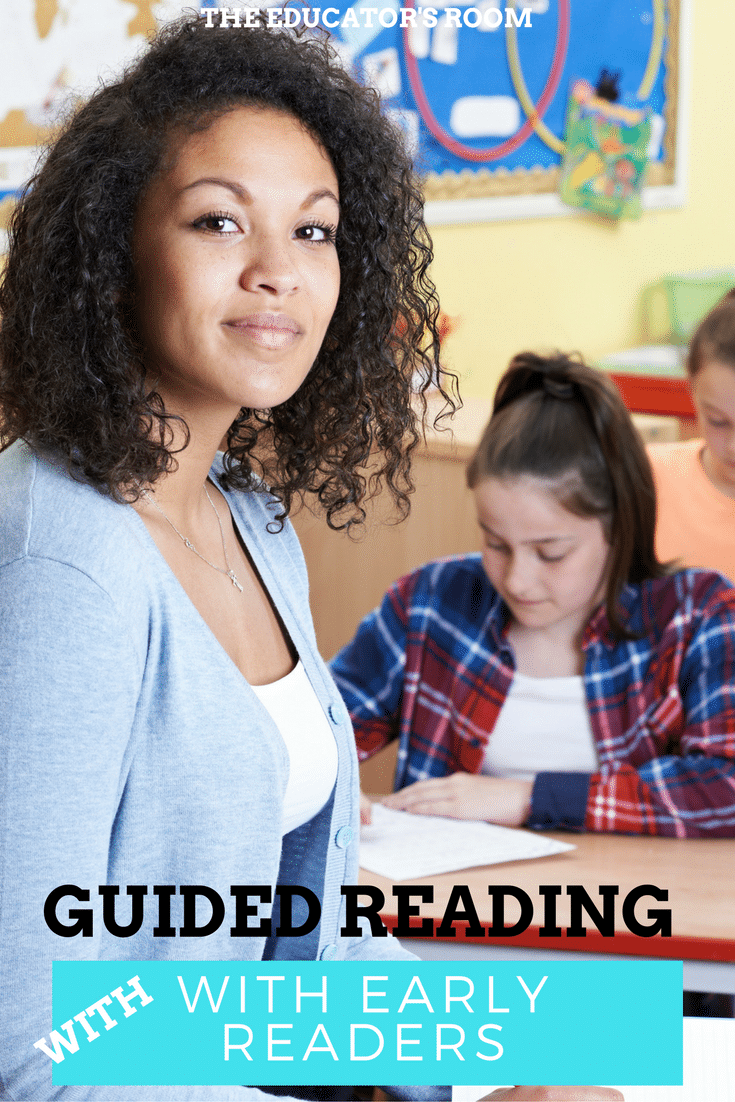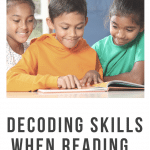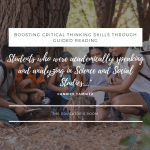Guided reading is an instructional method used in many elementary classrooms. It is an approach I use daily and without it would not be able to create successful readers. Guided reading is when the teacher works with a small group of students. During this time, the students apply and practice effective reading strategies while reading a level appropriate text. The teacher is there to guide them through this process.
Here are some quick tips to use during your guided reading time.
1. Group your class by reading ability. Use a few different assessments to rank your students reading ability. Make a list from your top reader to your lowest. Put the students in groups of 4-6. In my first grade classroom, I use benchmark data, sight word tests, and words per minute tests to rank my students.
2. Create a plan. Plan to meet with your lowest ability group daily. Rotate the other groups every other day (or as needed). You should plan for 15-20 minutes with each group depending on length and complexity of text. Also, plan what the other students will be doing while you are at guided reading. The best option is workstations (formerly known as centers). The other students should be engaged in meaningful literacy activities. They can complete computer tasks, writing prompts, visit the classroom library, or buddy read during this time. See Debbie Diller’s book, Literacy Workstations for more ideas on workstation management.
3. Pick an appropriate book. The text you choose for the guided reading session should be level appropriate. Notice I said level appropriate not grade appropriate. Many of our reading curriculums come with leveled readers that you can pull from but don’t be afraid to ask a Kindergarten or 2nd-grade teacher to borrow books just right for your students’ ability. The book should not be too easy or too hard. Do not pick a book the group could read independently (more than 95% accuracy). Pick a book that the students could read at about 90% accuracy. You want to be able to teach from the zone of proximal development.
4. Choose a focus and be explicit. Choose a focus for your guided reading group. This can be a decoding skill or a comprehension strategy. Be very specific and tell your students what is expected of them during the guided reading session. For example, tell your students that today you will be able to read this book because you know how to decode words with short /a/.
5. Orally read the text at least 2-3 times. Depending on ability, the first reading can be a choral reading where all the students read aloud together with the teacher guiding as the most prominent voice. Then release students to read the text independently 2-3 times for fluency practice. Students can orally read in a low voice or invest in what I call “reading phones.” You can either make them out of PVC pipes or purchase manufactured ones. This will eliminate distractors while they are reading orally to themselves.
6. Listen to your students’ oral reading and give specific constructive feedback. As the students are reading independently, rotate from student to student guiding their reading. If a student correctly decodes a short /a/ word, tell them I like how you sounded that word out. If a student comes to a word they don’t know. DON’T TELL THEM THE WORD! Remember we are here to create independent readers. This is your chance to equip the student with a strategy they could use when they come to a word they don’t know. Ask them, what do we do when we come to a word we don’t know? Try sounding it out. Read the whole sentence without the word. What might make sense there? If all else fails, give the students a multiple choice option. Do you think this word is can, cat, or cap? What would make sense in this sentence? Never give them the word.
[bctt tweet=”You will see instant progress in their reading abilities” username=”EducatorsRoom”]
If you consistently execute guided reading with your students, you will see instant progress in their reading abilities. You will be on the right track to creating successful, confident, independent readers. Now tell us how you use guided reading in your classroom!








Excellent guidance! Individual focus on reading empowers students as well as gives direct and specific reading hints.
Very well written. Each tip had helpful information that I will be using in my classroom. Thank you Ms. McCray!